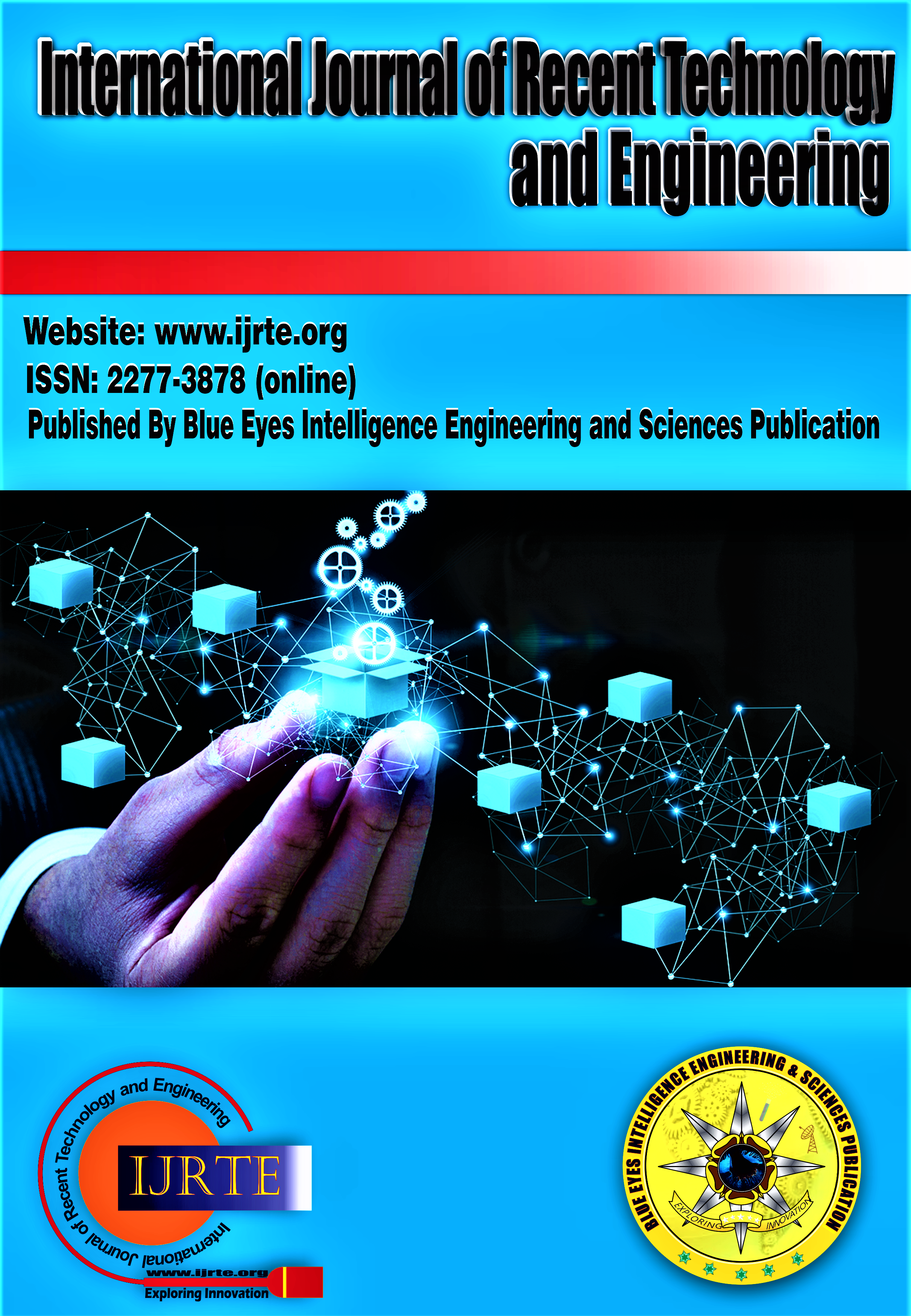Personalized and Intelligent Agent Based Context-Aware Mobile Learning Framework
Main Article Content
Abstract
Mobile learning promises the freedom to learn anytime, anywhere. However, effectively integrating personalization within mobile learning environments presents a significant challenge. This research aims to address this challenge by developing a novel framework for personalized content delivery in mobile learning environments (PCDMLE). The proposed PCDMLE framework leverages three key personalization aspects: student preferences, academic level, and assessment unit. By dynamically adapting learning content based on these individual characteristics, the framework aims to enhance student performance and simplify the management of diverse learning needs. To achieve this objective, an in-depth literature review was conducted to identify key personalization aspects within the context of mobile learning. Based on this review, a framework was developed and subsequently validated through an expert review process. A prototype was then developed and evaluated through a six-week experiment. Finally, participant feedback was collected through a survey to assess their evaluation and satisfaction with the framework. The results, derived from both the expert review and participant feedback, demonstrate the framework's effectiveness in delivering personalized content based on the identified aspects. Furthermore, the findings indicate a positive impact on student performance. This research, therefore, contributes significantly to the advancement of personalized content delivery within the mobile learning domain.
Downloads
Article Details
Section

This work is licensed under a Creative Commons Attribution-NonCommercial-NoDerivatives 4.0 International License.
How to Cite
References
Ciampa, K. (2014). Learning in a Mobile Age: Investigation of Students Motivation. Journal of Computer Assisted Learning, (vol. 30, pp.82-96). DOI: https://doi.org/10.1111/jcal.12036
Filhuo, N. F., & Barabosa, E. F. (2013). A Requirement Catalog for Mobile Learning Environment. Coimbra, Portogal: ACM. DOI: https://doi.org/10.1145/2480362.2480599
Qoussini, A. E., & Jusoh, Y. (2014). A Review on Personalization and Agent Technology in Mobile Learning. 2014 International Conference on Intelligent Environment (pp. 260-264). Shanghai: IEEE. DOI: https://doi.org/10.1109/IE.2014.49
Qoussini, A. E., Jusoh, Y. Y., Murad, M. A., Jabar, B. A., Pa, N. C., & Tabib, S. M. (2016, Feb). Platform and Device Independent Mobile Learning Architecture. Austrailan Journal for Basic and Applied Sciences Research, (Vol. 10, Issue-4, pp.1-9). Retrieved from https://www.ajbasweb.com/old/ajbas/2016/February/1-9.pdf
Alepis, E., & Mivou, M. (2014). Extending Mobile Personalization to Students with Special Needs. In Object-Oriented User Interfaces for Personalized Mobile Learning (pp. 47-64). Intelligent Systems Reference Library 64, Springer. DOI: https://doi.org/10.1007/978-3-642-53851-3_5
Braunhofer, M., Elahi, M., Ge, M., & Ricci, F. (2014). Context Dependent Preference Acquisition with Personality-Based Active Learning in Mobile Recommender Systems. P. Zaphiris and A. Ioannou (Eds.), LCT 2014(Part II), (pp. 105-116). DOI: https://doi.org/10.1007/978-3-319-07485-6_11
Qoussini, A. e., Jusoh, Y., & Tabib, S. (2015, September). A Review on personalization in Mobile Learning. International Journal of Computer Science Issues, (Vol. 12, Issue-5, pp. 17-26). https://typeset.io/pdf/a-review-on-personalization-in-mobile-learning-1d5vf19ph5.pdf
NCES. (2012). U.S. Department of Education. Retrieved 2 28, 2016, from National Center for Education Statistics (USA): https://nces.ed.gov/nationsreportcard/achievement.aspx
ALharbi, S., & Drew, S. (2014). Mobile Learning System Usage: An Integrated Framework to Measure Students' Behavioural Intention. Science and Information Conference August 27-29 (pp. 906-911). London, UK: www.conference.thesai.org. DOI: https://doi.org/10.1109/SAI.2014.6918294
Hassan, M. H., Alhoban, F., & Hourani, M. (2016). Using Mobile technologies for Enhancing Student Academic Experience: University of Jordan Case Study. International Journal Interactive Mobile Technologies IJIM, (Vo. 10, Issue-1). DOI: https://doi.org/10.3991/ijim.v10i1.4809
Qoussini, A. E., Jusoh, Y. Y., Murad, M. A., Jabar, M. B., ChePa, N., & Tabib, S. M. (2016). Location Based Context-Aware Mobile Learning Framework. Journal of Applied Sciences Research, (Vol. 12, Issue-11, pp. 1-8). https://www.aensiweb.net/AENSIWEB/jasr/jasr/2016/November/1-8.pdf
Harchay, A., Cheniti-Belcadhi, L., & Braham, R. (2014). A Context-Aware Framework to Provide Personalized Mobile Assessment. Interaction Design and Architecture(s) Journal - IxD&A, N. (Vol. 23, Issue-2014, pp. 82-97). DOI: https://doi.org/10.55612/s-5002-023-006
Kim, T.-H., & Jin, S.-H. (2015). Development of auditory design guidelines for improving learning on mobile phones. Computers & Education, (Vol. 91, Issue-2015, pp. 60-72). DOI: https://doi.org/10.1016/j.compedu.2015.09.011
Lee, J. H. (2014). Synchronous Mobile Learning System to Cope with Slow Network Connection. Y. Luo (Ed.): CDVE 2014 (pp. 171 - 174). Springer International Publishing Switzerland. DOI: https://doi.org/10.1007/978-3-319-10831-5_25
Tamilarasan, Dr. P., Karthick, Mr. S., & Anupama, Mrs. C. G. (2019). Mobile Learning Challenges and Capabilities. In International Journal of Recent Technology and Engineering (IJRTE) (Vol. 8, Issue 3, pp. 5358–5361). DOI: https://doi.org/10.35940/ijrte.c6883.098319
Ishaq, K., Zin, N. A. M., Rosdi, F., Abid, A., & Ali, Q. (2020). Usefulness of Mobile Assisted Language Learning Application. In International Journal of Engineering and Advanced Technology (Vol. 9, Issue 3, pp. 518–525). DOI: https://doi.org/10.35940/ijeat.b4549.029320
Pandit, R., & Chaturvedi, S. (2020). Mobile Learning: Detrimental or Beneficial? In International Journal of Innovative Technology and Exploring Engineering (Vol. 9, Issue 8, pp. 987–989). DOI: https://doi.org/10.35940/ijitee.h6812.069820
Efrina, E., Zulmiyetri, & Kusumastuti, G. (2020). Mobile Learning as Teaching Aid and Learning Media for Special Teacher of Deaf Students. In International Journal of Management and Humanities (Vol. 4, Issue 11, pp. 28–30). DOI: https://doi.org/10.35940/ijmh.k1040.0741120





